Summaries of books by Steven Pinker:

Enlightenment Now
The Case for Reason, Science, Humanism, and Progress
Steven Pinker
The book presents a comprehensive analysis of human progress, using empirical data to argue that life has improved dramatically over the centuries due to the application of reason, science, and humanistic values. It challenges pessimistic perspectives and defends the Enlightenment ideals, advocating for their continued relevance in addressing contemporary challenges.
See full summary

The Better Angels of Our Nature
Why Violence Has Declined
Steven Pinker
The book presents a comprehensive analysis of the historical decline in violence, arguing that despite popular perception, humanity has become significantly less violent over time due to various social, cultural, and political developments. It explores the forces Pinker believes have led to this decline, such as the spread of government, literacy, trade, and the influence of enlightenment thinking.
See full summary
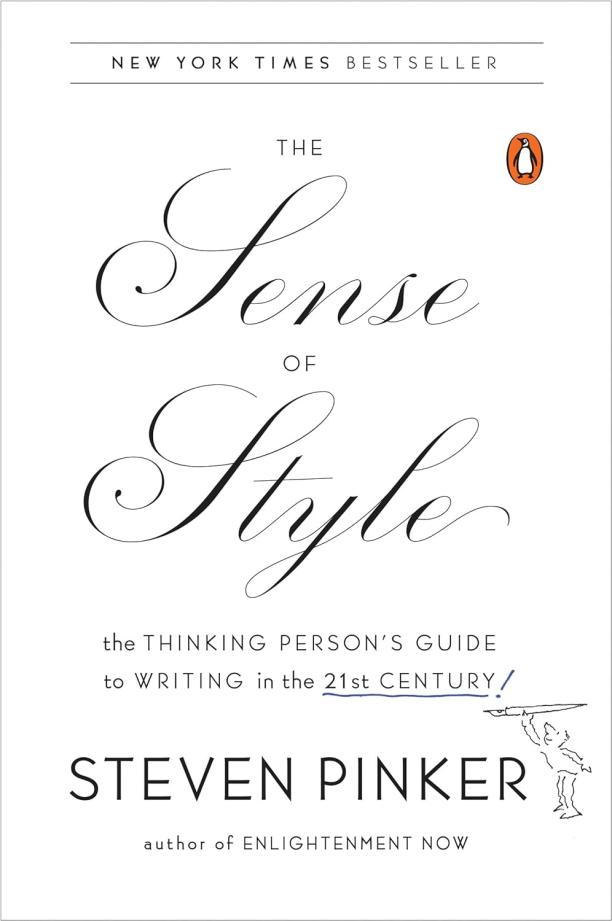
The Sense of Style
The Thinking Person's Guide to Writing in the 21st Century
Steven Pinker
The book provides guidance on how to write clear, engaging, and stylish prose, drawing from linguistic theory and cognitive science. It offers practical advice on grammar, word choice, and sentence structure, while debunking common writing myths and encouraging writers to consider their audience's perspective.
See full summary

The Blank Slate
The Modern Denial of Human Nature
Steven Pinker
The book challenges the notion that human beings are born as blank slates shaped solely by their environment, arguing instead that genetics and evolutionary psychology play a significant role in shaping human behavior and characteristics. It delves into the implications of acknowledging innate traits for understanding politics, violence, parenting, and the arts.
See full summary
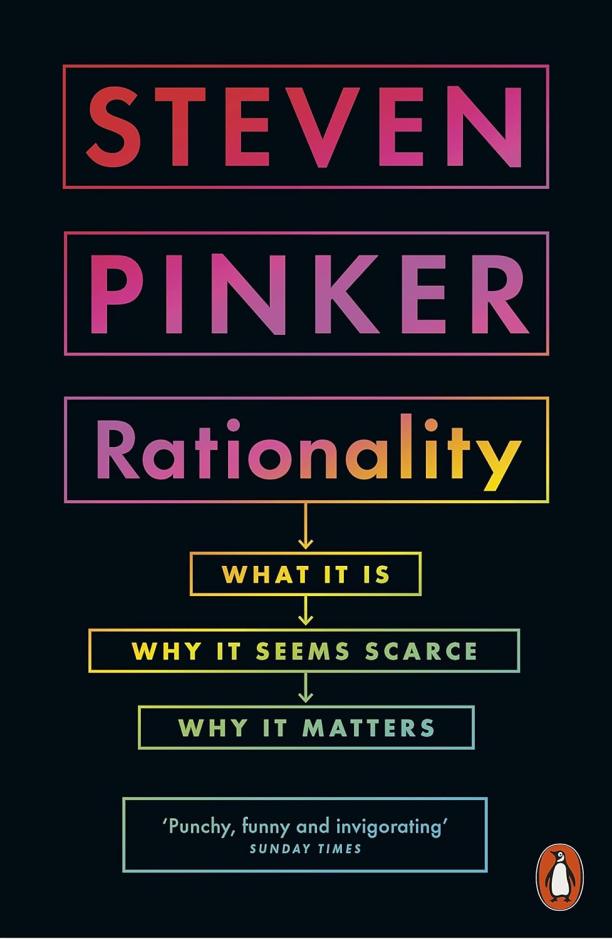
Rationality
What It Is, Why It Seems Scarce, Why It Matters
Steven Pinker
The book explores the concept of rationality, examining both its theoretical underpinnings and its practical applications in decision-making, problem-solving, and understanding the world. It delves into why humans often deviate from rational thought, the consequences of such deviations, and the importance of promoting rationality in society.
See full summary
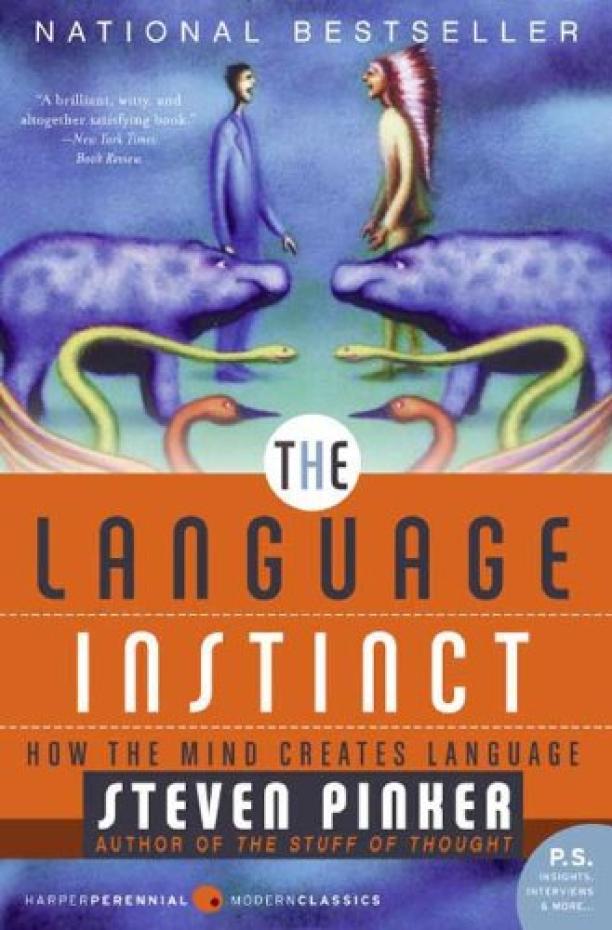
The Language Instinct
How The Mind Creates Language (P.S.)
Steven Pinker
The book argues that humans are born with an innate capacity for language, drawing on evidence from developmental psychology, neurology, and linguistics. It explores the idea that language is a fundamental part of human biology, akin to a biological adaptation, rather than a cultural invention.
See full summary
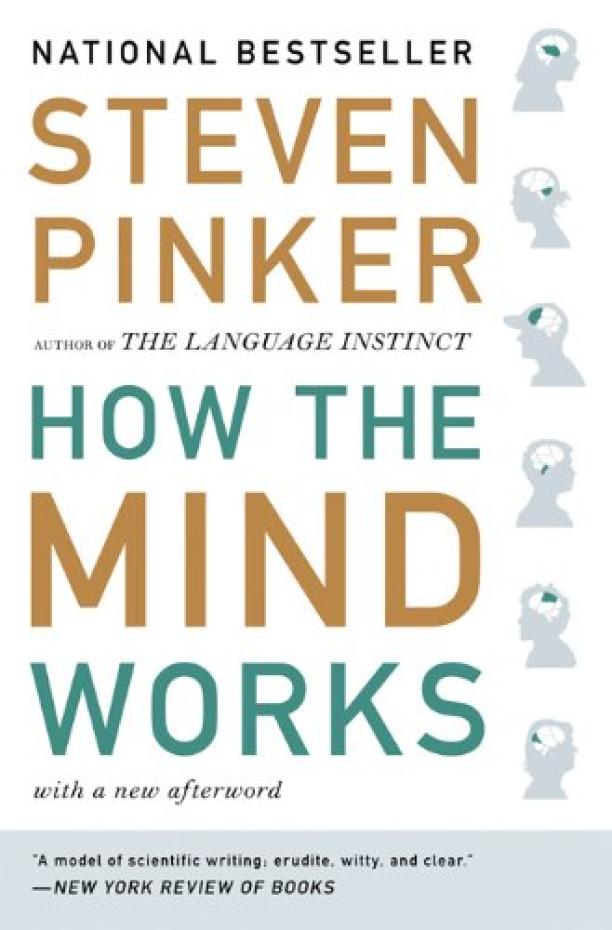
How the Mind Works
Steven Pinker
The book synthesizes insights from evolutionary psychology and cognitive science to explain human thought, emotion, and behavior, arguing that the mind is a complex system shaped by natural selection to solve problems faced by our ancestors. It covers topics such as perception, reasoning, language, and social relations, proposing that understanding the mind's evolved functions can shed light on its structure and operations.
See full summary
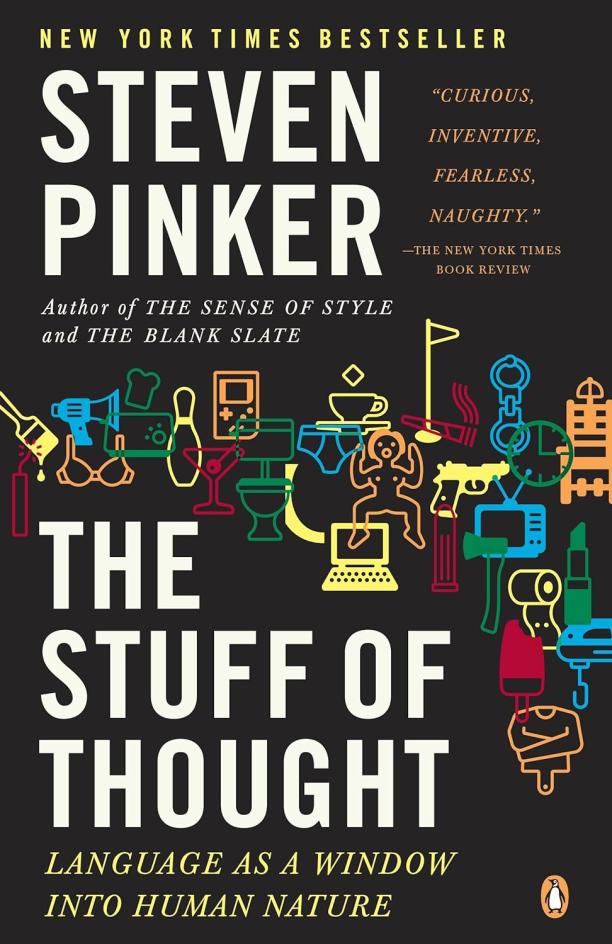
The Stuff of Thought
Language as a Window into Human Nature
Steven Pinker
The book explores how language reflects the workings of the human mind, particularly how word choice and sentence structure can reveal aspects of human thought, social relationships, and the interplay between innate ideas and cultural influences. It delves into topics such as metaphor, swearing, innuendo, and the ways in which words can influence our perception of reality and our interactions with others.
See full summary